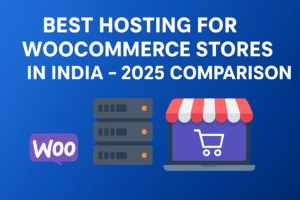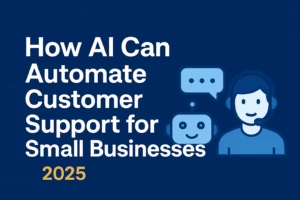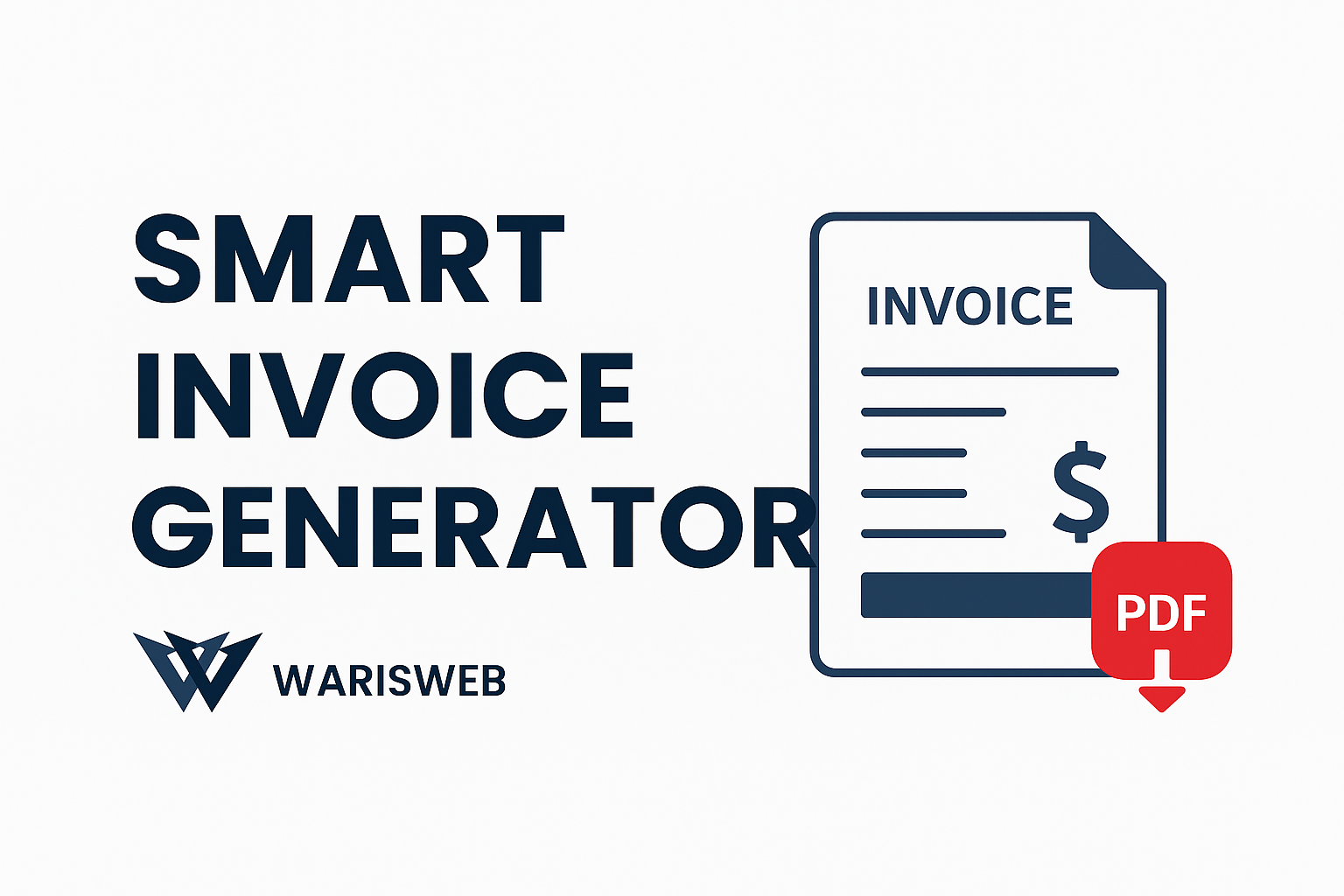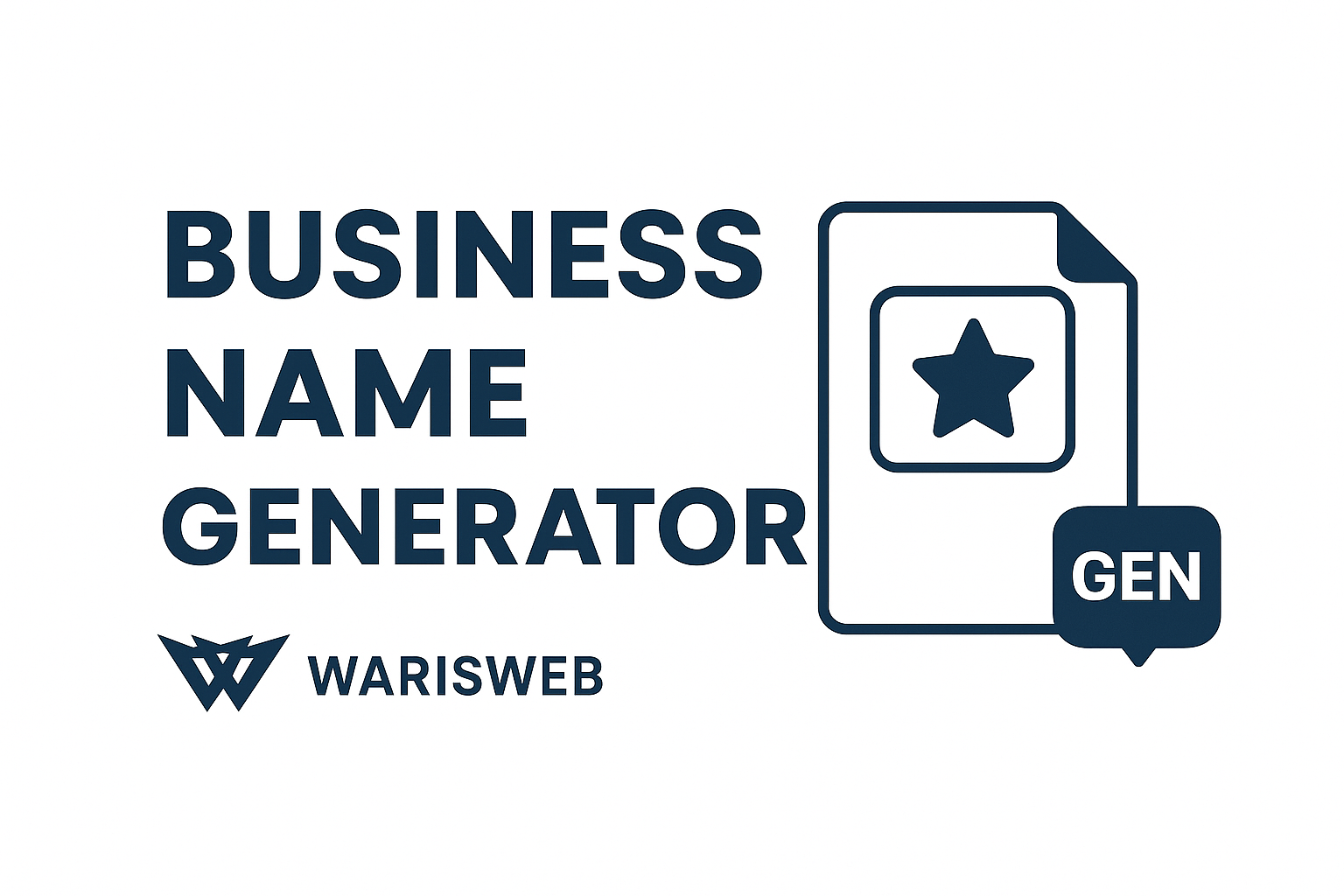Best Online Certification Courses for Remote Jobs – 2025 Edition

The remote work revolution isn’t slowing down anytime soon. If anything, 2025 has shown us that companies are doubling down on flexible work arrangements, and honestly? That’s fantastic news for anyone willing to invest in the right skills.
But here’s the thing – with the cost of higher education skyrocketing and the demand for specialized technical skills growing, professionals are increasingly turning to certifications as a practical and cost-effective alternative to traditional degrees. I’ve spent countless hours researching the certification landscape, and what I’ve discovered might surprise you.
Whether you’re a complete beginner looking to break into remote work or a seasoned professional wanting to level up your earning potential, the certifications I’m about to share could be your ticket to landing those coveted work-from-home positions that everyone’s talking about.
Why Get Certified for Remote Jobs in 2025?
Let’s be honest – remote work has fundamentally changed how employers evaluate candidates. When you’re not meeting face-to-face, your credentials need to speak louder than ever. For remote work, consider certifications in Digital Marketing, Information Technology (including Cloud Computing), Cybersecurity, Project Management, and Data Science & Analytics, as these skills are very popular in the work from home job market.
The numbers don’t lie either. Data shows adding relevant certifications to your résumé can potentially lead to higher earnings, with studies showing salary increases ranging from 30% to 60%. That’s not just a small bump – that’s life-changing money we’re talking about.
Growth of Remote Work
Remote work isn’t just a trend anymore; it’s become the new normal. Companies worldwide have realized that talent isn’t confined to a specific zip code, which means your competition has expanded globally. But so have your opportunities.
Employer Expectations
Here’s what I’ve noticed from talking to hiring managers: they’re looking for proof that you can deliver results independently. Certifications serve as that proof. They demonstrate not just knowledge, but commitment and the ability to learn new skills – exactly what remote employers want to see.
Competitive Edge for Freelancers and Job Seekers
If you’re freelancing or job hunting, certifications can be your differentiator. When everyone claims to be an expert, having a recognized certification badge on your LinkedIn profile or portfolio makes you stand out from the crowd.
Top Online Certification Courses for Remote Jobs (2025)
After analyzing current market trends and salary data, here are the certifications that are actually moving the needle in 2025:
Digital Marketing Certifications
Digital marketing remains one of the most remote-friendly fields, and the entry barrier is relatively low compared to technical fields.
Google Digital Garage This free certification covers the fundamentals of digital marketing, including search engine optimization, social media marketing, and analytics. What I love about this program is that it’s completely free and comes with Google’s seal of approval. For beginners, this is honestly one of the best places to start.
HubSpot Inbound Marketing HubSpot’s certifications are industry gold standards. Their inbound marketing certification teaches you how to attract, engage, and delight customers – skills that every remote company needs. Plus, it’s free and the content is incredibly practical.
Data Science & Analytics Certifications
Data is the new oil, and companies are desperate for people who can make sense of it all. Digital marketing or IT security certifications can open doors to new opportunities by certifying skills in high demand for remote work.
IBM Data Analyst Certification Available through Coursera, this certification covers everything from Excel and SQL to Python and data visualization. What makes this particularly valuable is IBM’s reputation in the enterprise space – employers recognize and trust this certification.
Microsoft Certified: Data Analyst Associate This certification focuses on Power BI, which is becoming increasingly important in business intelligence. If you’re looking to work with mid to large-sized companies, this certification can open doors.
IT & Cloud Certifications
This is where the big money lives. AWS Certified Security – Specialty averages $203,597, Google Cloud – Professional Cloud Architect averages $190,204, and these numbers aren’t outliers.
AWS Cloud Practitioner Consider this your entry point into cloud computing. It’s designed for beginners and covers basic cloud concepts. AWS Certified Solutions Architect helping professionals earn an average salary of roughly $160,052. Even the foundational certifications can lead to significant earning potential.
Google Cloud Certification Google’s cloud platform is rapidly gaining market share, and certified professionals are in high demand. The Professional Cloud Architect certification is particularly valuable, though you might want to start with the Associate level if you’re new to cloud computing.
Project Management & Business Certifications
Every company needs people who can keep projects on track, especially in remote environments where coordination is more challenging.
PMP Online Certification (Project Management) The best certification in project management is PMI- Certified Associate in Project Management. This Certification will validate your skill in the project management domain and will set you apart in the job market. While the PMP requires experience, the CAPM (Certified Associate in Project Management) is perfect for beginners.
Scrum Master Certification Agile methodologies are everywhere in remote work. Scrum Master certifications from Scrum Alliance or Scrum.org can help you land roles in software development, marketing, and product management.
Coding & Development Certifications
Programming skills are incredibly remote-friendly, and the demand continues to grow across industries.
FreeCodeCamp Certifications What I appreciate about FreeCodeCamp is that it’s completely free and hands-on. You build real projects that you can showcase in your portfolio. The curriculum is constantly updated to reflect current industry needs.
Coursera Python Certification Python is arguably the most versatile programming language today. Whether you want to get into web development, data science, or automation, Python is an excellent foundation.
Free vs Paid Certification Options
Let me be straight with you – both free and paid certifications have their place, but the key is knowing when to invest your money and when to save it.
Free Courses for Beginners
If you’re just starting out or testing the waters in a new field, free certifications are perfect. Google Digital Garage, FreeCodeCamp, and many of HubSpot’s offerings provide excellent foundational knowledge without financial risk.
The catch? Free certifications might not carry as much weight with employers, especially for higher-level positions. But they’re fantastic for building skills and determining if a field is right for you.
Paid Certifications for Career Advancement
Expect to pay $1,000 to $5,000 or more to complete a certificate program, but the investment can pay off significantly. AWS, Microsoft, and Cisco certifications command premium salaries because they’re rigorous and industry-recognized.
My advice? Start with free certifications to build confidence and foundational knowledge, then invest in paid certifications once you’ve identified your career path.
Tips to Choose the Right Certification
Choosing the wrong certification is like buying a gym membership you’ll never use – it’s a waste of money and time. Here’s how to choose wisely:
Align with Your Career Goals
This sounds obvious, but I’ve seen too many people chase high-paying certifications in fields they have no interest in. If you hate working with data, that high-paying data science certification won’t make you happy, no matter how much money it brings.
Check Industry Demand
Use job boards to research demand. Search for remote jobs in your target field and see which certifications appear most frequently in job requirements. Assess if the certification is recognized across various remote work platforms and industries, ensuring its value in diverse remote job opportunities.
Consider Duration and Cost
Be realistic about your time and financial constraints. Some certifications require months of study and significant financial investment. Make sure you can commit fully before starting.
Conclusion
The remote work landscape in 2025 is more competitive than ever, but it’s also more opportunity-rich. In highly sought-after disciplines like cloud computing and cybersecurity, certifications such AWS Certified Solutions Architect, CISSP, and CCIE have rich prospects.
The right certification won’t just open global remote job opportunities – it could completely transform your earning potential and career trajectory. Whether you’re starting with free courses or ready to invest in premium certifications, 2025 is definitely the year to upskill and stand out from the crowd.
Remember, the best certification is the one you’ll actually complete and use. Start where you are, use what you have, and do what you can. Your future remote career is waiting.
Frequently Asked Questions?(FAQ's)
Digital Marketing, Data Analytics, and Cloud certifications are among the most in-demand for remote jobs. AWS and Google Cloud certifications consistently rank highest for both demand and salary potential.
Yes, free certifications like Google Digital Garage and FreeCodeCamp can help you land entry-level remote jobs. However, combining free certifications with a strong portfolio of practical work often yields the best results.
Absolutely, especially if they’re from recognized providers like AWS, Microsoft, or Coursera. These certifications carry more weight with employers and often lead to significantly higher salaries that justify the investment.
Most certifications take between 1–6 months, depending on the program complexity and your learning pace. Cloud and cybersecurity certifications typically require more time investment than digital marketing certifications.
Share This Post:
Previous Articles:

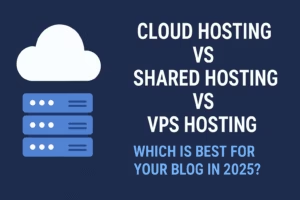
Cloud Hosting vs Shared Hosting vs VPS: Which is Best for Your Blog (2025)?
